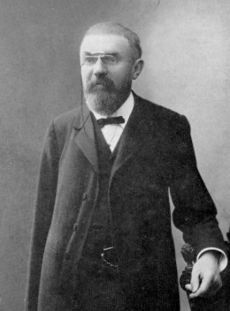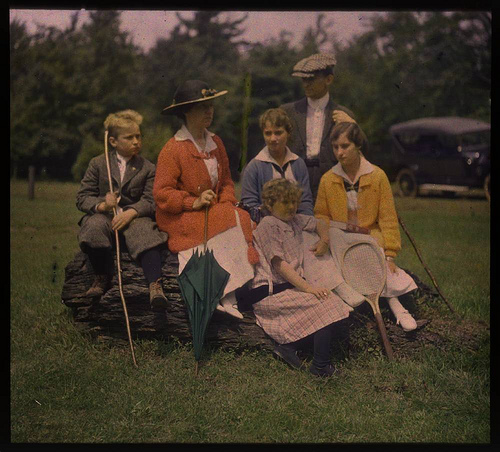Creativity
Today, let's talk about creativity. The University of Houston Mathematics Department presents this program about the machines that make our civilization run, and the people whose ingenuity created them.
Where do ideas come from? How did Thomas Edison and Nikola Tesla come up with a continuous stream of inventions over decades? An often repeated tale about Edison says that when facing a tough problem he would sit down in a comfortable chair with a metal ball in his hand. As he drifted off to sleep the ball would fall to the ground waking him, and the solution to the problem would be there — clear in his mind.
I don't know whether this story is true. But many mathematicians have solved difficult problems while dreaming, or while not consciously working on them. The famous Indian mathematician Srinivasa Ramanujan claimed that his family goddess would present him with complex mathematical equations in his dreams. In another example, a mathematician included a dead friend as a co-author on a manuscript that was a culmination of years of work. The deceased friend was not a mathematician. However, he appeared to him in a dream and provided a crucial insight that allowed him to complete his efforts.

The famous French mathematician Henri Poincaré was very interested in mathematical creativity. He describes a period of hard and seemingly fruitless effort to solve a problem, from which he took a break to join a geological expedition. As he was stepping on a bus, he made one of the most important breakthroughs of his life. The solution came to him out of nowhere, and was accompanied by a perfect certainty as to its correctness. Poincaré did not claim that this was a miraculous incident. Indeed, he believed that we can solve problems when we are not consciously thinking about them.
At any moment we are aware of only a fraction of what goes on in our brain. Poincaré was quite aware that creativity requires a period of conscious effort followed by a period of rest. Our unconscious mind keeps working on the problem behind the curtain. As a consequence sometimes a solution, or at least a good idea, will emerge apparently out of nowhere. A period of concerted effort to check the idea and put it in a form that is understandable to others is then necessary. Poincaré's contemporary Albert Einstein may have expressed this most succinctly when he said that "Creativity is the residue of time wasted".
Yet, there seems to be an effort in many disciplines to increase productivity by increasing the number of hours spent at work. At some level this effort may be counterproductive. That may be one of the reasons that Henry Ford reduced the work week to 40 hours.
In today's economy, creativity is essential in many jobs. And it seems that our mind needs freedom, rest and — yes — distraction to be creative. So do take some time off to enjoy with your friends and family. And write down all those ideas that come unbidden to your mind.

This is Krešo Josić at the University of Houston, where we are interested in the way inventive minds work.
Here is an interesting call to lessen our productivity http://www.nytimes.com/2012/05/27/opinion/sunday/lets-be-less-productive.html?_r=1, and here is how longer work weeks do not necessarily translate into extra value for employers http://www.salon.com/2012/03/14/bring_back_the_40_hour_work_week/.
The image of Henri Poincaré is photograph from the frontispiece of the 1913 edition of "Last Thoughts."
The second image is of a family outdoors, ca. 1915, from the George Eastman House Collection available in the Creative Commons via Flickr.
Krešimir Josić's Blog or follow kjosic on Twitter.
This episode was first aired on August 3, 2012